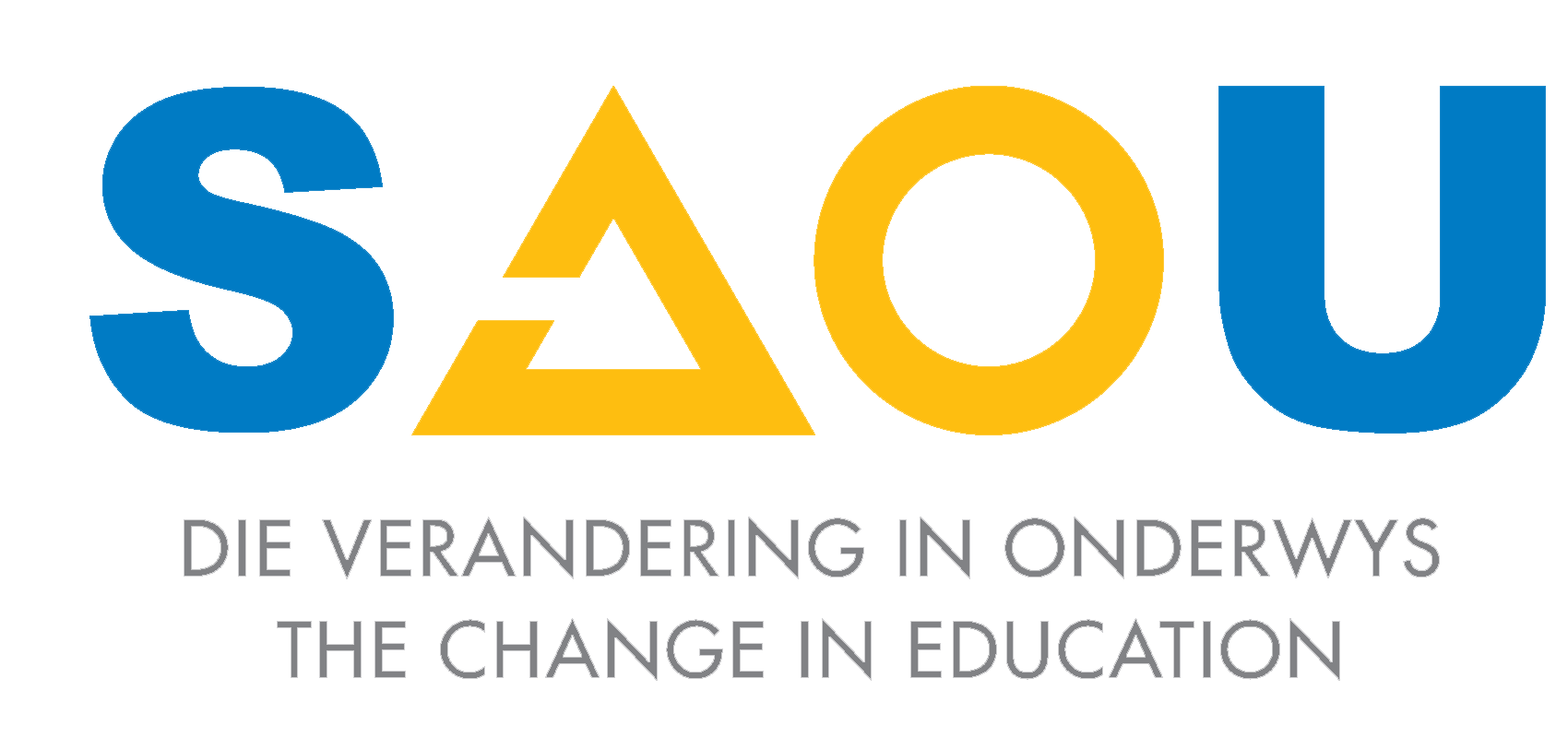The underlying principles regarding the process of the adjustment/standardisation of marks after the National Senior Certificate (NSC) examination



Slide title
'My experience with SAOU was outstanding. After months of struggle, they assisted me in obtaining my SACE certificate. Additionally, their thoughtful gesture of wishing me a happy birthday was particularly heartwarming.'
Keshia Erasmus
Button
Slide title
''Ons het gesukkel met 'n vakkeuse van 'n matriekleerling aan die begin van die jaar, aangesien haar ma verlede jaar die toestemmingsbrief na verkeerde e-pos gestuur het. Die departement het net volstrek geweier om haar vak te verander, al het sy al vir amper 'n kwartaal in die veranderde vak gesit. Ons het SAOU genader om hulp en dit was nie eers 'n paar dae nie toe kry ons die toestemmingsbrief vanaf die departement, vergesel met 'n verskoning.''
Lizé van Aswegen
Button
Slide title
''Flink diens. Akkurate inligting.'' Garetha
Button
Slide title
''Onderwerpe is spesifiek uniek, baie leersaam en word deur kundiges keurig aangebied.''
Gretie Luyt
Button
Slide title
''Best service and easy to find information. ''
Kgothatso Madibana
Button
Slide title
''My ervaring met SAOU is uitstekend tot dusver. Ek het aanlyn geregistreer en is bykans onmiddelik n lid.''
Janeke Jordaan
Button
Slide title
''Professional advice given and FAQ are very helpful. Staff knowledgeable and website insightful.''
Gregory McCullum
Button
Slide title
''Daar is dadelik aan my raad gegee.
Dokumentasie was vinnig aangestuur.
Andre Pretorius was vriendelik, bekwaam en van groot hulp met my probleem.''
Susan Jansen
Button
Slide title
''Excellent rating - For conducting the ongoing professional development workshops on content and on the
latest developments in education.
Continue with the excellent work.''
Molale DC
Button
Slide title
''My ervaring met die SAOU was uitstekend omdat die webwerf verbruikers-vriendelik is en ek maklik kon aansluit by die unie. Ek is ook vinnig gehelp toe ek hoofkantoor gebêl het. ''
Jacomien Davidson
Button
Slide title
"Hiermee wil ek graag my dankbaarheid uitspreek vir die geleentheid wat ek ontvang het om saam met my gade die kongres te kon bywoon. Die ervaring was werklik spesiaal. Die absolute professionele voorbereiding ten opsigte van administrasie asook die persoonlike ingesteldheid teenoor die ontvangers van die toekennings was indrukwekkend. Baie dankie vir die erkenning van die werk wat opvoeders doen, dit skep nederige dankbaarheid vir die taak wat God aan my toevertrou het."
E Havenga
Button
Slide title
''The manner of questions are spot on and one can only hope responses will fast and reliable... New website is highly informative ''
ShamielITIO Mohamed
Button
Slide title
''Ek wil graag net persoonlik dankie se vir ''n wonderlike Saterdag. Dit was absoluut die moeite werd!
Julle verwelkoming, fantastiese sprekers, middagete, geskenkpakkie en nog 'n wegneem kospakkie was uit die boonste rakke. Dis n voorreg om lid van die SAOU te kan wees.
Dankie en sterkte vir dit waarvoor julle staan en die puik diens wat ons as lede ontvang.''
Sunet Sanders
Button
Slide title
''My ervaring met SAOU is uitstekend omdat - om dit sommer plein en reguit te sê - in al die jare wat ek SAOU opleidings bygewoon / (Zoom) was nie een ooit 'n mors van tyd nie. Dit is altyd baie insiggewend en interessant. Ek leer ongelooflik baie by die aanbiedings. Baie, baie dankie vir julle puik diens. Ek waardeer dit opreg. Somtyds is dit moeilik om alles ingepas te kry, om na die opleidings te luister maar ek probeer maar altyd 'n plan maak om dit by te woon. Gaan voort met die goeie werk! Baie dankie'' Mathilde van Niekerk
Button
Slide title
''My ervaring met die SAOU was uitstekend omdat my vrae altyd vlugtig en deeglik beantwoord word. Ek voel vry om enige kwessie met die SAOU te bespreek en ek voel veilig sowel as beskermd wanneer ek kontak maak. Ek voel dat die SAOU as 'n uitstekende ondersteuningsnetwerk vir my dien en ek is nie seker dat ek onderwys, en die politiek daaragter, sou kon hanteer sonder 'n unie met wie ek so vertroud voel nie. Baie dankie!''
Karla du Toit
Button
Slide title
I got the answers to my questions and there was additional information I could browse on for more information.
Proudy Dlamini
Button
Slide title
Baie dankie vir alles wat julle alles vir my gedoen het hierdie jaar gedoen het .. al die dinge wat gesorteer het..al die help.. al die ondersteuning... Julle is puik...
Geniet julle vakansie!
Anneke Oberholzer
Button
CONTACT US
SAOU OFFICES
QUICK LINKS
BUSINESS HOURS
- Mon - Fri
- -
- Sat - Sun
- Closed
All Rights Reserved





